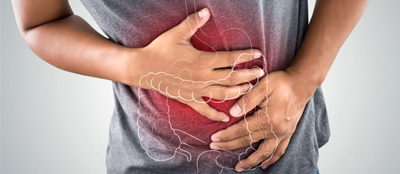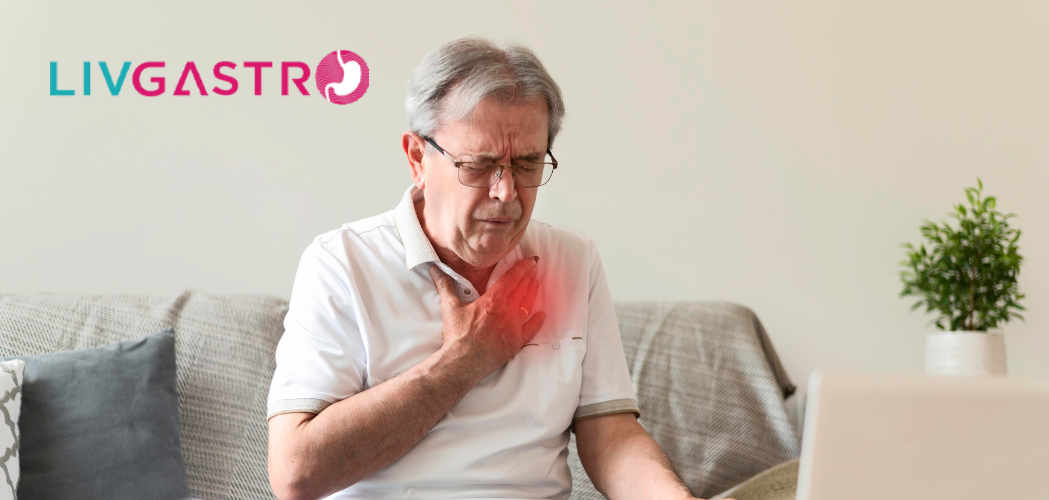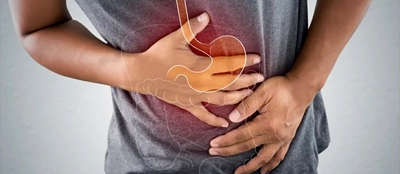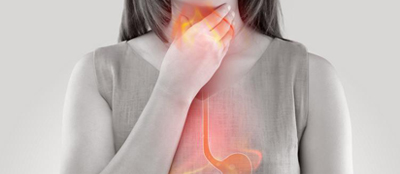

It is a type of Inflammatory Bowel Disease, (along with microscopic colitis?) usually affecting people aged between 15 and 35; although there is no hard and fast rule about any particular age group. UC occurs when the lining of the large intestine (known as colon), rectum or both become inflamed, producing small sores (known as ulcers) on it. UC commonly begins in the rectum and then spread upward, often affecting the entire colon. This results in bleeding and diarrhea. It is a chronic condition, implying that once it develops, it seldom gets completely cured, although the symptoms often wax and wane, providing temporary relief with the help of medication. The only cure for UC involves the removal of the colon surgically, the process known as total proctocolectomy.
Not unlike many other inflammatory bowel diseases, what causes UC is practically unknown. However, researchers believe that it may be caused by an abnormal response by the body’s immune system to usual intestinal bacteria. Others are of the opinion that it results from a combination of genetic and other factors not known to medical science.
Even though symptoms vary from person to person, around fifty percent of people diagnosed with UC reportedly have mild symptoms. But with the rest of the people, symptoms could be severe. However, usual symptoms of ulcerative colitis include:
UC also can create other symptoms such as:
An experienced gastroenterologist like Dr. V.K. Rai, MD will perform some of the following tests for patients suspected of having UC to diagnose the disease condition. As UC mimics many other IBD diseases such as Crohn’s disease, special precautionary measures are taken to differentiate UC from such ailments. Nevertheless, the following tests may be successfully performed at the LivGastro in Kolkata in a reasonably cost effective way.
The gastroenterologist may also recommend blood tests to diagnose UC. While complete blood test showing low blood count may indicate anemia, others denote inflammation arising out of high level of C-reactive protein as well as high ESR.
Leave aside other complications; UC raises the risk of Colon Cancer. The longer the disease is left unattended, higher the threat. However, regular screening and tests lower the catastrophe to a great extent. However, other complications of UC include:
As earlier stated, UC is a chronic condition, while customary drug therapy often reduces the inflammation and related problems. More severe cases may need corticosteroids, antibiotics, medications that suppress immune function, or antibody medications, called biologics that help block inflammation in a different manner.
However, surgery becomes necessary when there is massive bleeding, chronic and debilitating symptoms, perforation of the colon, or a severe blockage. A CT scan or colonoscopy can detect these serious issues.
Surgery involves removing the entire colon with the creation of a new pathway for waste. This pathway can be out through a small opening in the abdominal wall or redirected back through the end of the rectum.
There are two ways of looking at it. One way is lifetime dependence on medication, while the other is surgery involving removal of the entire colon, along with elimination of the rectum, a critical issue in terms of leading a reasonably relaxed life. However, the choice is yours!

This article goes out to the madly Bangalees and just about anyone else who loves to eat
read more
Belching involves expulsion of gas from the esophagus (and stomach) through the mouth (a
read more
What is GERD? GERD that stands for Gastroesophageal Reflux Disease, often called Acid R
read more